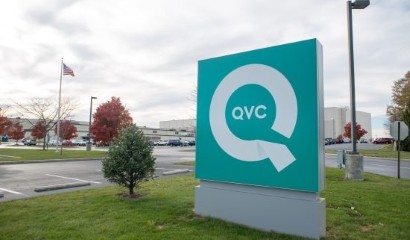Clisa 4Q23 Credit Report – Not good and unlikely to improve soon
On 11 January, Clisa announced it was not going to be able to pay the USD 14.6m coupon on the international 2027 bonds and instead the amount had to be capitalized. In exchange for this, the Argentine services company paid a USD 3.25m consent fee to be distributed among the holders of 93.6% of the outstanding bonds that validly accepted the consent. As of the presentation of year-end financial statements in mid-March, the total outstanding of the 2027s was USD 358m.
Given the delicate situation in Argentina, Clisa decided to also amend the terms of its “Peru bond.” It paid USD 0.5m out of the USD 2m due in December 2023, and will pay the remaining amount in 10 consecutive monthly installments starting in January 2024. The outstanding amount on this debt as of 2023 end was USD 10.4m. The remaining USD 8.9m (USD 10.4m-USD 1.5m) doesn’t seem like it’s going to be paid this year, or at least not until October 2024 (See Table 1).
Net debt as of 4Q23 was USD 432m, exactly flat QoQ, as Clisa seemed to have used USD 5.5m of cash to pay down debt (See Figure 1).
Clisa’s offtakers are government entities (federal, provincial and municipal) that, with the ongoing spending cuts in order to reach fiscal surplus, take longer to pay vendors. In addition, public infrastructure seems to be very depressed and President Javier Milei has the goal of either eliminating it, or at least, reducing it to a minimum. Clisa’s business model will be very challenged in the short-to-medium term as private players will have to get financing to do greenfield projects, against the backdrop of an EMBI index for Argentina of ~1,600bps. Companies are not used to operating in this type of environment, so we expect it to take a while for private companies to take on serious infrastructure projects.
Most (not all) projects where the sponsor was the Federal government have probably stopped. However, we don’t believe it’s the same at the provincial level, where some projects were stopped but not the majority. Luckily, projects where the sponsor is a private company continue as normal.
It’s hard to see how Clisa will be able to pay the July coupon, too. We would probably expect it to do something similar to what it did in January.
Financial highlights for 4Q23
Revenues were USD 342m, basically flat QoQ, but up 11%, while EBITDA was only USD 23m. Revenue is not indicative of the company’s performance as, since January 2022 the way to recognize revenues and costs for Clisa’s transportation segment changed (See 1Q23 Credit Report).
Going deeper into the segments, the construction segment still posted pretty decent results, with revenues of USD 125m and EBITDA of USD 9m. We expect this segment to suffer significantly at least in 1H24 (and probably even longer) with the spending cuts imposed by the Federal government that trickle down to the provinces and municipalities. The transportation and water supply businesses continued to be irrelevant from an EBITDA standpoint. Aguas Cordobesas (water supply) even posted a negative contribution, probably as a result of the accelerated levels of inflation in Argentina in the last couple of months, in which costs increased faster than the company’s ability to get tariff increases.
What was a little disappointing was the waste management segment, where revenues were USD 105m (essentially flat in the last nine months of 2023), but EBITDA was only USD 17m. Even though rates are higher than in the past for the CEAMSE agreement, for example, we feel the same phenomenon hurting Aguas Cordobesas hurts here too. Costs increase much faster than the company’s ability to get a tariff adjustment, coupled with the fact that sometimes list prices are below the actual cost of parts needed for repairs and maintenance (See Figure 2).
Free cash flow was USD -18m. First, we have to note that capex has accelerated because of the amount needed for the new landfill contract with the CEAMSE. Also, days of receivables had already spiked on a QoQ basis, to 112 days from 87 days. We fear that this will not be the peak, and this is among the factors explaining why Clisa decided to solicit consent to PIK the coupon rather than pay it in mid-January. We fear payment terms for public infrastructure have lengthened considerably, and probably for the waste management business there are going to be some incremental delays (See Table 2 and Figure 3).


















